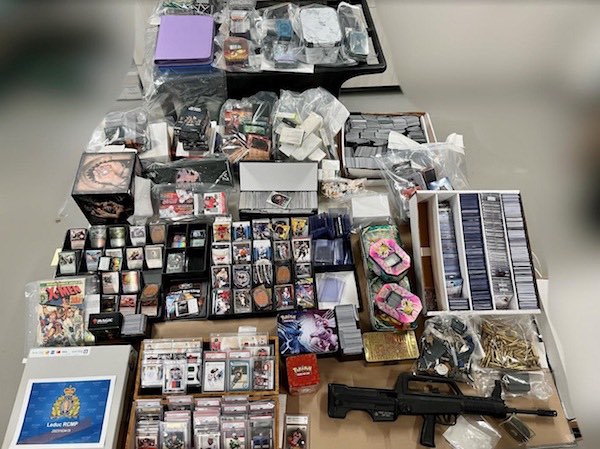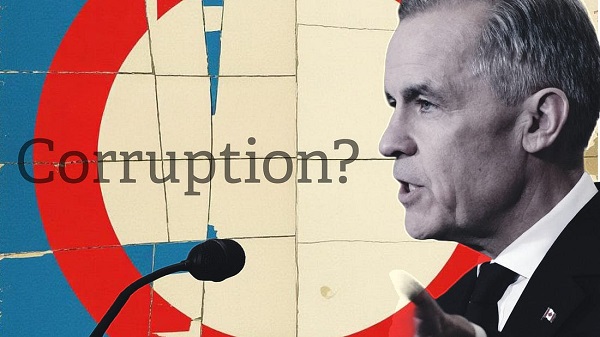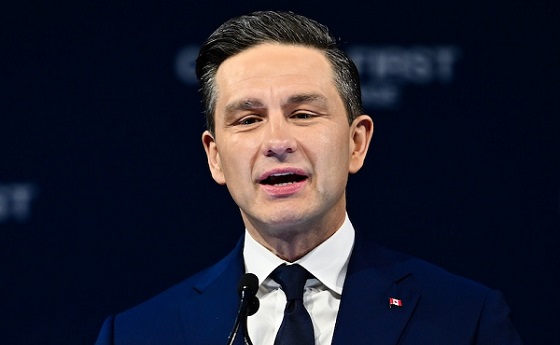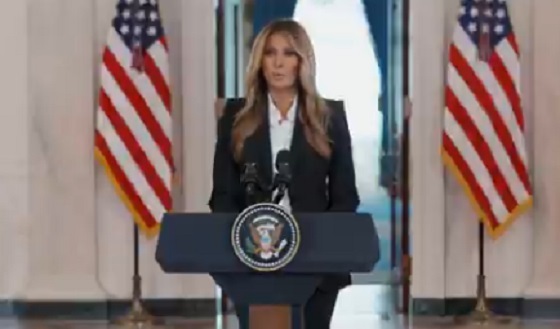Alberta
Police recover massive stolen sports and hobby card collection, seize gun and ammo

News release from Leduc RCMP
Leduc RCMP seek public assistance to identify break and enter – Update charges laid
Leduc RCMP Crime Reduction Unit (LCRU) have recovered over $35,000. in stolen property from The Hobby Spot break and enter, plus unrelated stolen property and have laid charges against one male in relation to this investigation.
On Feb. 7, 2023, Leduc RCMP received information that three of the stolen cards were sold at a card business in Edmonton, Alta. After continued investigation and the assistance of Edmonton Police Service, a suspect and residence were identified.
On Feb. 10, 2023, LCRU with the assistance of Leduc RCMP General Investigation Section and Drug Unit executed a search warrant at a residence in south east area of Edmonton where they arrested the suspect.
As a result of the search, police recovered a large quantity of the stolen property and seized some items including:
- Semi-automatic rifle
- 149 rounds of ammunition
- Cash drawer
- 5grams of suspected crystal methamphetamine
- Over 500 capsules of various medications
- 17 boxes/bottles of various medications
- Several sets of building keys and vehicle keys/vehicle key fobs
- Stolen mail
- Many trading/collecting and gaming cards including NHL, NBA, MLB, Pokemon, Magic The Gathering, Yugioh, Dicemasters, MetaZoo and Flesh and Blood.
- Comic books
- Warhammer Models
Justin Jarrod Charest (32), a residence of Edmonton, was charged with the following:
- Break and enter
- Trafficking property over 5,000.
- Possession of property obtained by crime under $5,000. (x2)
- Unsafe storage of a firearm
- Unauthorized possession of a firearm
- Possession of a controlled substance – methamphetamine
- Fail to comply with release order (x4)
Following a judicial hearing, Charest was remanded in custody. He is scheduled to appear in Leduc provincial court on Feb. 28, 2023.
“This investigation shows the success that comes when we work collaboratively with our policing partner, in Edmonton police service,” says Constable Cheri-Lee Smith. “This multijurisdictional investigation, including the intelligence sharing shows the impact we can have in our communities.”
LCRU’s investigation into this incident is ongoing.
Alberta
Diploma Exams Affected: No school Monday as ATA rejects offer of enhanced mediation

Premier Danielle Smith, Minister of Finance Nate Horner, and Minister of Education Demetrios Nicolaides issued the following statement.
“Yesterday, the Provincial Bargaining and Compensation Office wrote to the Alberta Teachers’ Association (ATA) and formally requested an agreement to enter an enhanced mediation process.
“This process would have ensured that students returned to the classrooms on Monday, and that teachers returned to work.
“Negotiating would have continued with the ATA, Teachers’ Employer Bargaining Association (TEBA) and a third-party mediator to propose a recommended agreement.
“We are very disappointed that the Alberta Teachers’ Association refused this offer. Teachers and students should also be disappointed.
“PBCO made this offer to the ATA because the union has not made a reasonable offer and this strike is impacting students. Alberta’s government is trying to put kids first and bring an end to this strike.
“The offer of enhanced mediation provided a clear path to ending it.
“We want the same things as the ATA: More teachers. More pay for teachers. More educational assistants. And more classrooms.
“This strike has gone on too long and we are extremely concerned about the impact it is having on students.
“We are willing to consider further options to ensure that our next generation gets the world-class education they deserve. After about three weeks, a strike of this nature would reach the threshold of causing irreparable harm to our students’ education.
“The ATA needs to do what is right for its members, and for all Alberta students.
“If it refuses to do so, we will consider further options to bring this strike to an end.”
Diploma exam update
November diploma exams will be optional for students.
With instructional time in schools disrupted due to the teacher strike, the November 2025 diploma exams will now be optional for students. Students who wish to write a diploma exam may request to do so, and their school boards will accommodate the request.
The optional diploma exams apply to all schools provincewide. These exams will still take place on the currently scheduled dates.
Students who choose not to write the November diploma exams can still complete their courses and graduate on time. Their final grade will be based entirely on the school-awarded mark provided by their teacher.
Choosing not to write the November diploma exams will not affect a student’s ability to apply to, be accepted by, or attend post-secondary institutions after graduation.
No changes have been made to the January and June diplomas and provincial achievement tests.
Quick facts
- Students are automatically exempted from writing the November diploma exams but can request to write them.
- School boards must allow the student to write the diploma exam if requested.
Alberta
Alberta taxpayers should know how much their municipal governments spend

From the Fraser Institute
By Tegan Hill and Austin Thompson
Next week, voters across Alberta will go to the polls to elect their local governments. Of course, while the issues vary depending on the city, town or district, all municipal governments spend taxpayer money.
And according to a recent study, Grande Prairie County and Red Deer County were among Alberta’s highest-spending municipalities (on a per-person basis) in 2023 (the latest year of comparable data). Kara Westerlund, president of the Rural Municipalities of Alberta, said that’s no surprise—arguing that it’s expensive to serve a small number of residents spread over large areas.
That challenge is real. In rural areas, fewer people share the cost of roads, parks and emergency services. But high spending isn’t inevitable. Some rural municipalities managed to spend far less, demonstrating that local choices about what services to provide, and how to deliver them, matter.
Consider the contrast in spending levels among rural counties. In 2023, Grande Prairie County and Red Deer County spent $5,413 and $4,619 per person, respectively. Foothills County, by comparison, spent just $2,570 per person. All three counties have relatively low population densities (fewer than seven residents per square kilometre) yet their per-person spending varies widely. (In case you’re wondering, Calgary spent $3,144 and Edmonton spent $3,241.)
Some of that variation reflects differences in the cost of similar services. For example, all three counties provide fire protection but in 2023 this service cost $56.95 per person in Grande Prairie County, $38.51 in Red Deer County and $10.32 in Foothills County. Other spending differences reflect not just how much is spent, but whether a service is offered at all. For instance, in 2023 Grande Prairie County recorded $46,283 in daycare spending, while Red Deer County and Foothills County had none.
Put simply, population density alone simply doesn’t explain why some municipalities spend more than others. Much depends on the choices municipal governments make and how efficiently they deliver services.
Westerlund also dismissed comparisons showing that some counties spend more per person than nearby towns and cities, calling them “apples to oranges.” It’s true that rural municipalities and cities differ—but that doesn’t make comparisons meaningless. After all, whether apples are a good deal depends on the price of other fruit, and a savvy shopper might switch to oranges if they offer better value. In the same way, comparing municipal spending—across all types of communities—helps Albertans judge whether they get good value for their tax dollars.
Every municipality offers a different mix of services and those choices come with different price tags. Consider three nearby municipalities: in 2023, Rockyview County spent $3,419 per person, Calgary spent $3,144 and Airdrie spent $2,187. These differences reflect real trade-offs in the scope, quality and cost of local services. Albertans should decide for themselves which mix of local services best suits their needs—but they can’t do that without clear data on what those services actually cost.
A big municipal tax bill isn’t an inevitable consequence of rural living. How much gets spent in each Alberta municipality depends greatly on the choices made by the mayors, reeves and councillors Albertans will elect next week. And for Albertans to determine whether or not they get good value for their local tax dollars, they must know how much their municipality is spending.
-

 International1 day ago
International1 day agoPoland’s president signs new zero income tax law for parents with two children
-

 Business2 days ago
Business2 days agoFederal Budget 2025: A responsible media would ensure Canadians know about the dismal state of federal finance
-

 Business2 days ago
Business2 days agoCanada has an energy edge, why won’t Ottawa use it?
-

 Business2 days ago
Business2 days agoEthics on Ice: See You Next Year
-

 International1 day ago
International1 day agoAustralian territory bans men from women’s prisons in national first
-

 National1 day ago
National1 day agoPoilievre accuses Canada’s top police force of ‘covering up’ alleged Trudeau crimes
-

 Business1 day ago
Business1 day agoFord’s Whisky War
-

 Alberta2 days ago
Alberta2 days agoDiploma Exams Affected: No school Monday as ATA rejects offer of enhanced mediation








